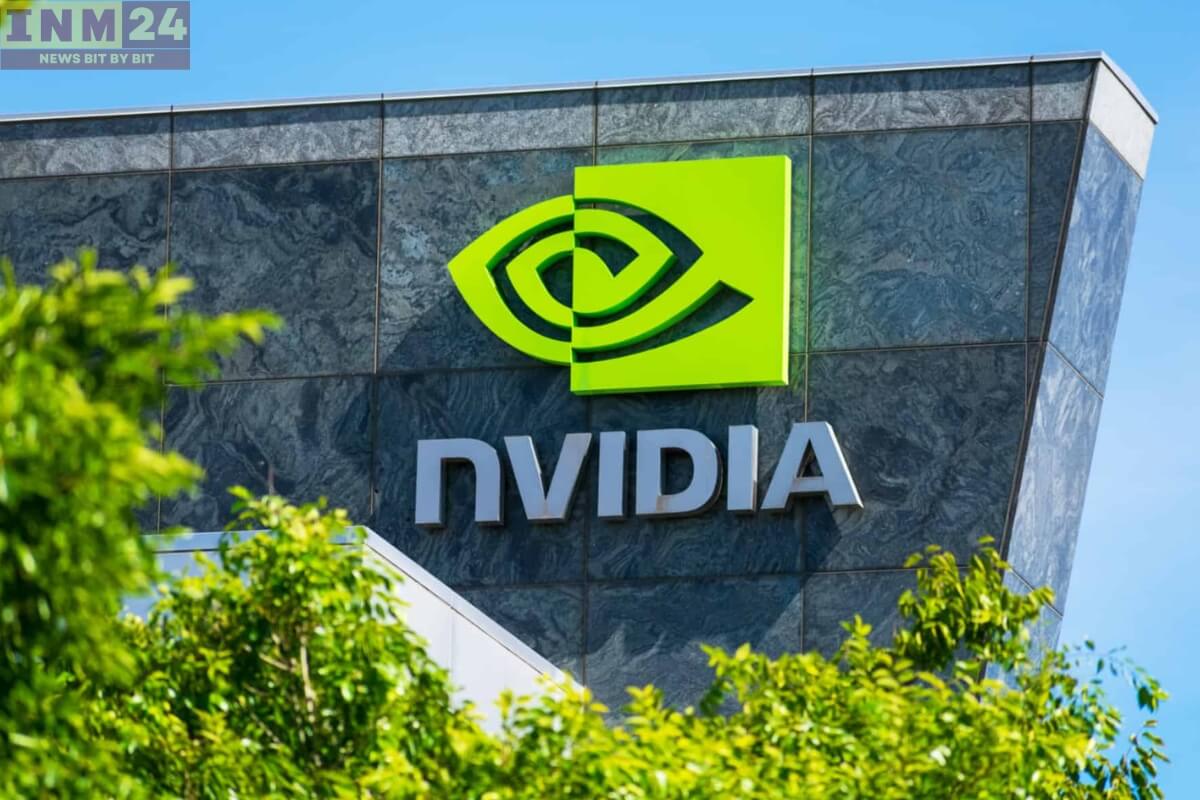In a significant legal development, a group of authors has filed a lawsuit against Nvidia, a leading technology company, alleging the unauthorized use of copyrighted works in its artificial intelligence (AI) systems. The lawsuit, which highlights the complexities surrounding intellectual property rights in the age of AI, has caught the attention of the tech industry and legal experts alike.
Authors Accuse Nvidia of Unauthorized Use of Copyrighted Material in AI Systems
The authors’ lawsuit alleges that Nvidia has been using copyrighted material without proper authorization or compensation in its AI systems. These systems, which utilize vast amounts of data to train algorithms and develop AI models, reportedly include works that are protected by copyright law.
The lawsuit raises important questions about the boundaries of copyright protection in the context of AI technology. While AI systems rely on vast datasets to learn and improve their performance, the use of copyrighted material without proper authorization can potentially infringe on the rights of creators and rights holders.
Nvidia, a leading player in the AI industry, has faced scrutiny in recent years over its use of copyrighted material in AI training. The company’s AI systems are widely used across various industries, including gaming, healthcare, and autonomous vehicles, raising concerns about the potential impact of copyright infringement on creators and content owners.
The authors involved in the lawsuit seek damages and injunctive relief, arguing that Nvidia’s use of copyrighted works in its AI systems constitutes copyright infringement. They assert that Nvidia should be held accountable for any unauthorized use of their works and should compensate them for any damages incurred as a result.
Lawsuit Against Nvidia Highlights Need for Clarity in Copyrighted Material Usage in AI Systems
The lawsuit against Nvidia underscores the need for greater clarity and transparency in the use of copyrighted material in AI systems. As AI technology continues to advance and become more prevalent in society, it is essential to establish clear guidelines and legal frameworks to protect the rights of creators and ensure fair compensation for their work.
Moreover, the lawsuit highlights the broader implications of copyright law in the digital age, where advancements in technology present new challenges and opportunities for creators and content owners. As AI technology becomes increasingly integrated into various aspects of daily life, it is crucial to strike a balance between innovation and the protection of intellectual property rights.
As the legal proceedings unfold, the outcome of the lawsuit against Nvidia will likely have far-reaching implications for the AI industry and copyright law more broadly. It serves as a reminder of the importance of upholding the rights of creators and ensuring that technological advancements are pursued in a manner that respects the principles of intellectual property law.
